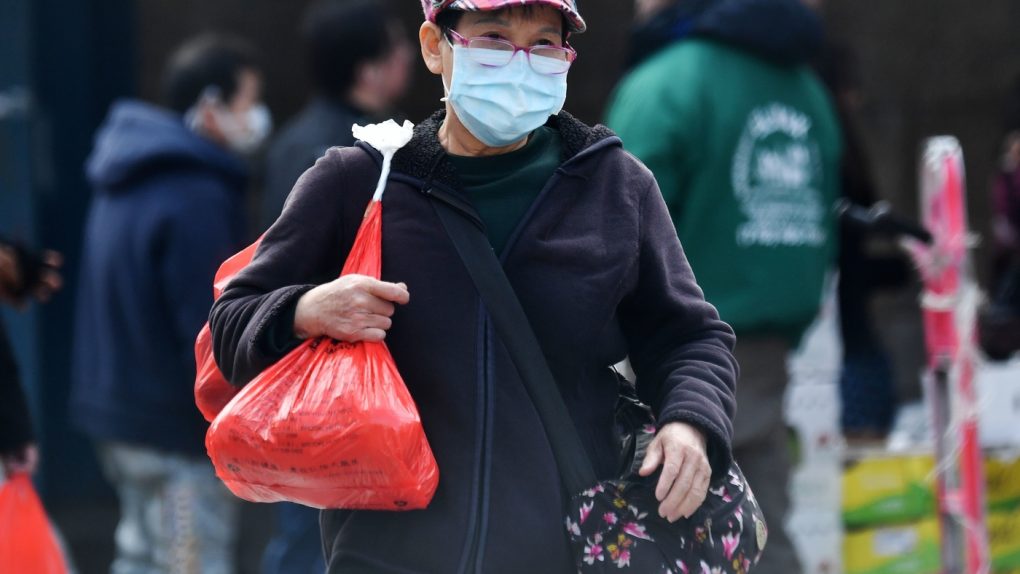- The World Health Organization has stressed in recent days that no current coronavirus treatments being talked about or trialed can stop or kill the coronavirus that’s sparked a global pandemic.
- However, scientists are racing to find a coronavirus treatment that will work, which is why a group of UK researchers is taking a close look at a common household item they think might show promise — mouthwash.
- Visit BGR’s homepage for more stories.
Part of the reason why normal life seems so far away right now, and why it will still be a while longer before we can fully enjoy simple pleasures and conveniences of modern life again, is the fact that we still don’t know when we’re going to get two important things related to the coronavirus. One is a vaccine, and the other is a treatment that helps people who do test positive for the virus be able to manage it.
As a result, Congress is still considering additional massive economic stimulus to help the battered US economy, though we’re not likely to see anything along those lines anytime soon. Life is still in a weird kind of limbo most everywhere in the US right now, and really everywhere around the world, though scientists and researchers are racing to find a vaccine and a successful treatment for the virus. Even if that means trying something unusual, which is what several UK researchers are doing — by investigating whether, get this, mouthwash can successfully attack the deadly coronavirus.
They’ve just published an initial analysis in the journal Function, arguing that existing research on other viruses supports the idea “that further research is needed on whether oral rinsing could be considered as a potential way to reduce transmission of (coronavirus).”
That would certainly be a rare piece of good news associated with the current pandemic if that does turn out to be the case. Although, to be sure, the World Health Organization is on record with their assessment of the fact that, at least for now, no current coronavirus treatments can stop or kill this virus.
Undaunted, the UK researchers think the mouthwash angle is nevertheless worth exploring. Valerie O’Donnell, co-director of Cardiff University’s Systems Immunity Research Institute and lead author of the analysis published in Function, told HuffPost UK that while the safe use of mouthwash hasn’t been considered as of yet by UK health officials as a possible coronavirus treatment, “[in] test-tube experiments and limited clinical studies, some mouthwashes contain enough of known virucidal ingredients to effectively target lipids in similar enveloped viruses.
“What we don’t know yet is whether existing mouthwashes are active against the lipid membrane of (COVID-19).”
The scientists stress that no one should try this yet assuming it will treat or prevent you from catching the virus. In the summary of their analysis, they further explain that: “Research to test this could include evaluating existing or specifically-tailored new formulations in well-designed viral inactivation assays, then in clinical trials. Population-based interventions could be undertaken with available mouthwashes, with active monitoring of outcome to determine efficacy. This is an under-researched area of major clinical need.”








